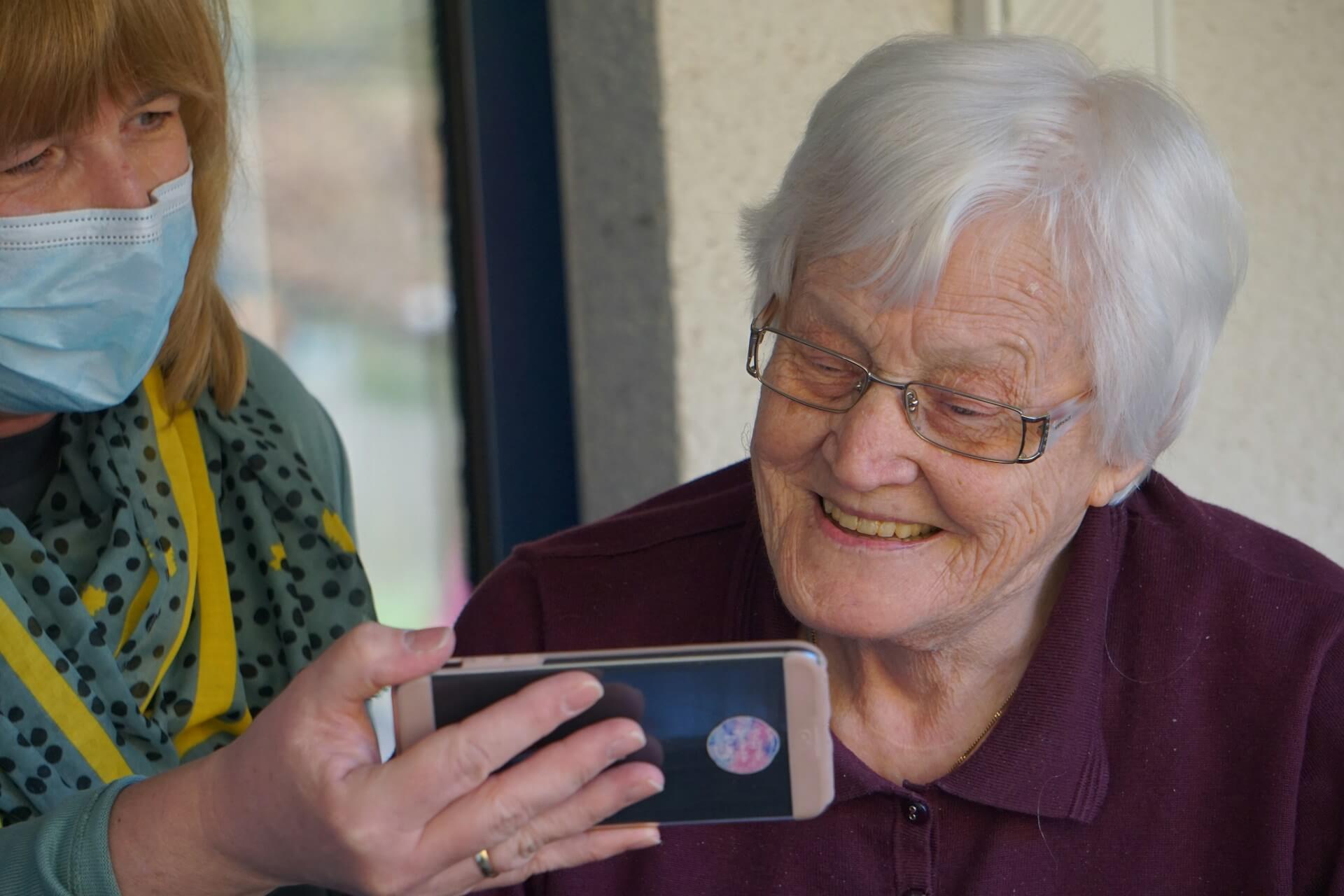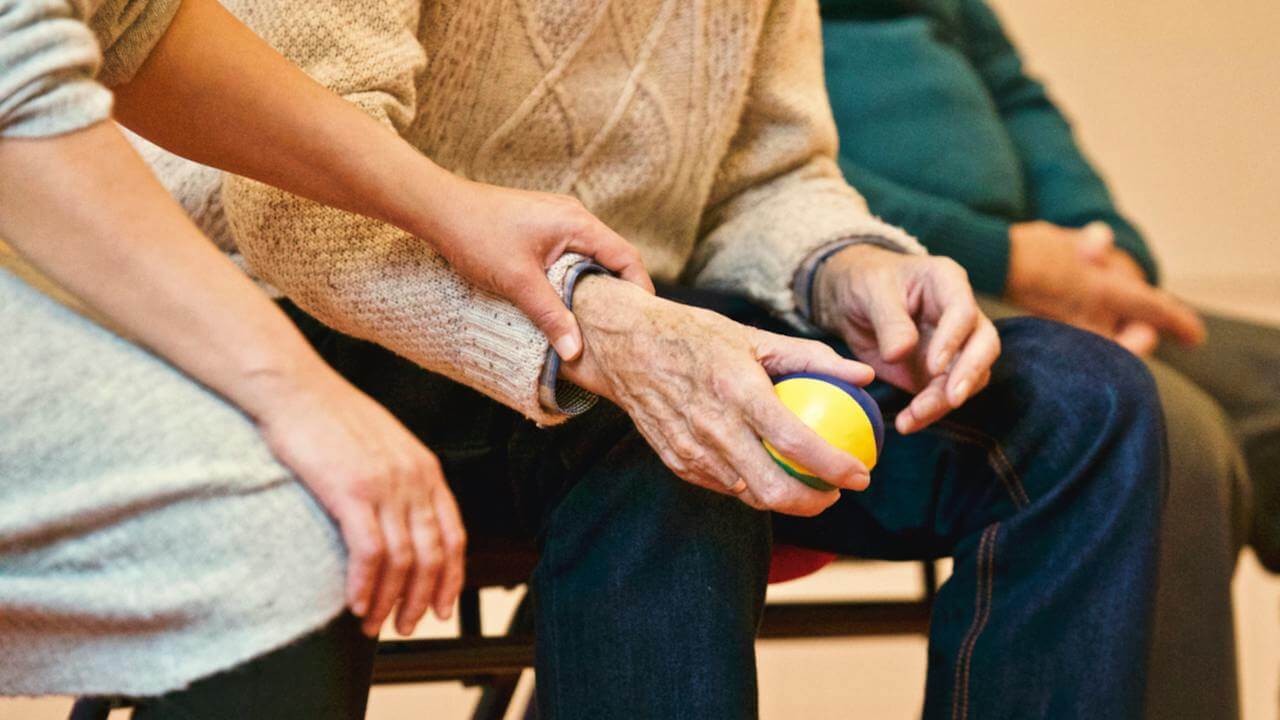 Heart disease is the No. 1 killer of Americans. Experts tell us that we may reduce heart disease by promoting a healthy diet and lifestyle.
Heart disease is the No. 1 killer of Americans. Experts tell us that we may reduce heart disease by promoting a healthy diet and lifestyle.
For the first time, the American Heart Association has defined what it means to have ideal cardiovascular health.
The organization has identified seven health and behavior factors that impact health and quality of life.
Even simple, small changes can make a big difference in living a better life.

1. don’t smoke
2. maintain a healthy weight
3. engage in regular physical activity
4. eat a healthy diet
5. manage blood pressure
6. take charge of cholesterol
7. keep blood sugar, or glucose, at healthy levels.
The American Heart Association has a new national goal:
By 2020, to improve the cardiovascular health of all Americans by 20 percent while reducing deaths from cardiovascular diseases and stroke by 20 percent.
They tell us that as part of a healthy diet, an adult consuming 2,000 calories daily should aim for:
• Fruits and vegetables: At least 4.5 cups a day
• Fish (preferably oily fish): At least two 3.5-ounce servings a week
• Fiber-rich whole grains: At least three 1-ounce-equivalent servings a day
• Sodium: Less than 1,500 mg a day
• Sugar-sweetened beverages: No more than 450 calories (36 ounces) a week
Other Dietary Measures to strive to meet:
• Nuts, legumes and seeds: At least 4 servings a week
• Processed meats: No more than 2 servings a week
• Saturated fat: Less than 7% of total energy intake
The American Heart Association recommends that you eat a wide variety of nutritious foods daily. Remember, even simple, small changes can make a big difference in living a better life.
Caregivers may use these guidelines to help keep themselves healthy. Ezra Home Care caregivers are trained in recognizing these healthy choices, and in helping our clients to utilize them in meal preparation, as well as when providing daily activities.
Getting information from credible sources can help you make smart choices that will benefit your long-term heart health.
More Resources:
American Heart Association
Huffington Post: Heart Health Month: 8 Surprising Heart Facts


 Heart disease is the No. 1 killer of Americans. Experts tell us that we may reduce heart disease by promoting a healthy diet and lifestyle.
Heart disease is the No. 1 killer of Americans. Experts tell us that we may reduce heart disease by promoting a healthy diet and lifestyle.

 Tweet
Tweet
 Share
Share



